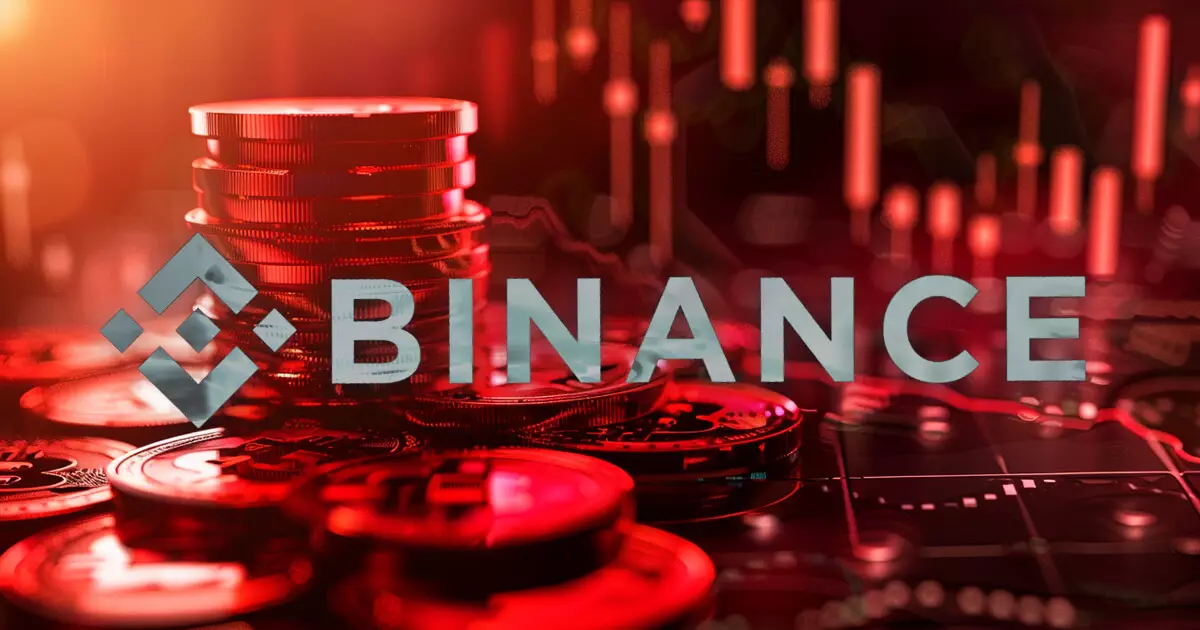Recent developments in the cryptocurrency landscape have sparked intense discourse among community members regarding Binance’s unexpected decision to list several Solana-based memecoins, notably The AI Prophecy (ACT) and Peanut the Squirrel (PNUT). Critics argue this move could potentially facilitate a “pump-and-dump” scheme, ultimately harming unsuspecting retail investors. As the largest cryptocurrency exchange globally by trading volume, Binance’s actions have repercussions that warrant scrutiny and discussion.
The listings of ACT and PNUT on November 11 were nothing short of dramatic. Following their introduction on Binance, ACT’s value skyrocketed over 1,000%, achieving a market cap exceeding $400 million, while PNUT’s market value doubled within a short timeframe, as reported by CoinMarketCap. Such extraordinary price increases in previously low-market-cap assets raise eyebrows and questions regarding the exchange’s motivations for promoting these specific tokens.
Leonidas, the co-founder of Bitcoin Ordinals explorer Ord.io, has been vocal in expressing concerns about Binance’s potential involvement in facilitating market manipulation. He initiated a petition calling out the perceived lack of transparency in Binance’s listing practices, which he suggests disproportionately favors a select group of insiders, such as venture capitalists and market makers. Leonidas’s assertion that Binance targets low-cap memecoins, which can afford significant listing fees, underscores a critical point about the accessibility and fairness within the cryptocurrency ecosystem. If large portions of these low-cap tokens are controlled by insiders, the implications for retail investors are troubling.
In his critique, Leonidas urged Binance to be more transparent regarding its listing fees and practices, advocating for public disclosures on how these expenses could influence the market. He emphasized the importance of clarity on whether listing fees are accepted in tokens and whether any future token sales are planned. This call for transparency addresses a fundamental concern: the potential imbalance of power between major exchange operators and the average investor.
Making Sense of Recent Listing Trends
The past year has seen Binance ease its listing criteria, raising the quality of debate among crypto enthusiasts. Loopify, a prominent figure in the crypto community, has suggested this relaxed approach may be an attempt by Binance to retain market share against the growing adoption of decentralized exchanges. In the past, Binance maintained stricter guidelines for token listings, yet recent listings demonstrate a significant pivot towards including tokens with less stringent qualifications.
Data analytics from on-chain analysts indicate that a substantial number of memecoins listed by Binance experienced significant price surges post-listing. In fact, reports indicate that 80% of the memecoins listed by Binance in 2024 saw notable price increases, with a staggering 60% of those built on Solana. While this suggests an effective formula, it raises further questions about the criteria used for selection. Instead of highlighting minimum market value, community engagement and social media popularity seem to play more crucial roles, implying a possible speculative bubble brewing in the sector.
As Binance continues to navigate its listing strategy in an ever-evolving crypto market, the growing scrutiny and criticism underscore the complex dynamics at play. The potential for market manipulation and “pump-and-dump” schemes poses real risks to retail investors, urging a discussion about ethical trading practices and transparency in the cryptocurrency market. Stakeholders are calling for clear guidelines and accountability, advocating for a future where innovation in the crypto space does not come at the cost of investor confidence and fairness. The unfolding story of Binance’s memecoin listings serves as a pivotal chapter that could influence regulatory approaches and investor protection mechanisms in the increasingly popular world of digital assets.


Leave a Reply